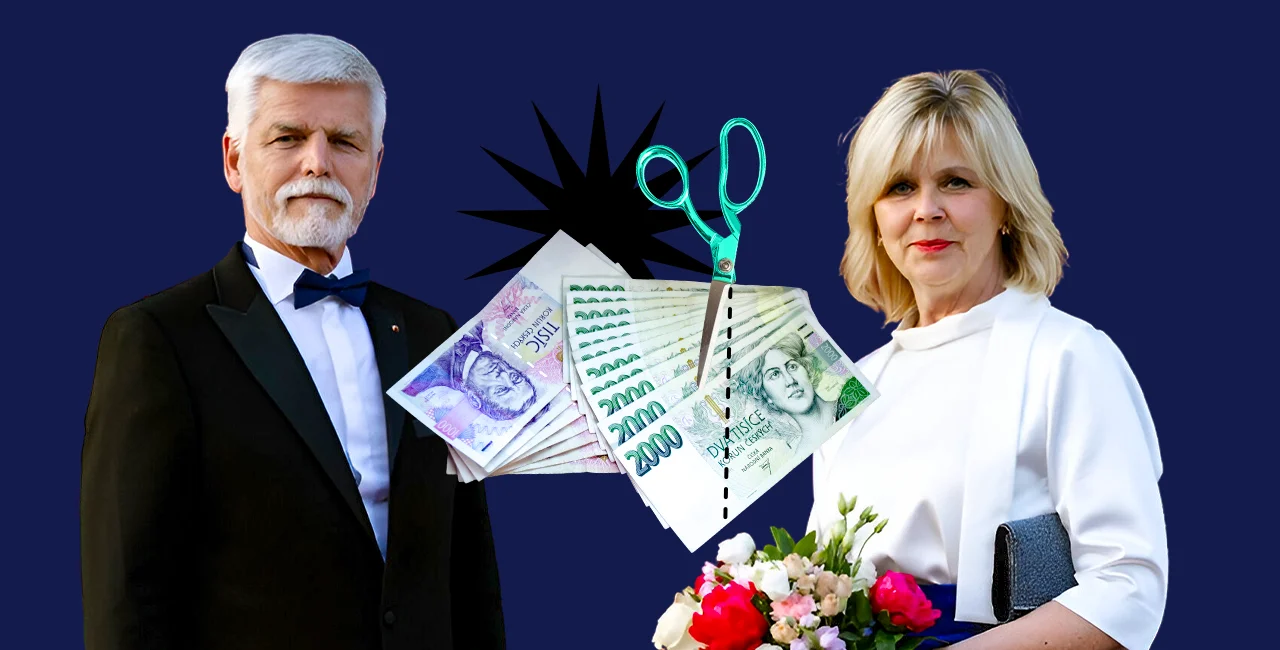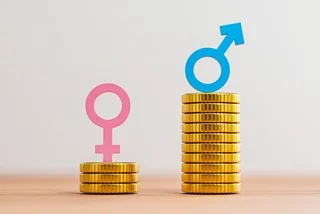At the dawn of the 20th century, Czechoslovakia witnessed a groundbreaking move by its inaugural president, Tomáš Garrigue Masaryk, who notably adopted the surname of his wife, Charlotte, in a tribute to her advocacy for women’s rights. Masaryk’s act not only set a precedent but would also go on to symbolize his progressive leadership ethos.
Fast-forward to the present day, and it appears that the current Czech President, Petr Pavel, is channeling Masaryk’s pioneering egalitarian spirit, albeit through a more contemporary issue: fair pay.
This week, Pavel made headlines with his remarks on an amendment to the law concerning public officials’ salaries. The amendment would, for the first time, reintroduce funding for the activities of the head of state’s partner. It proposes a multi-purpose lump-sum reimbursement for expenses related to the spouse’s official duties, set at 30 percent of the president’s expense reimbursement.

Yet, not everyone is on board. Critics argue that this amendment opens the door to unnecessary expenses for taxpayers and could be seen as self-serving. The sum proposed has sparked debate about the justification for such funds, especially when many public servants face budget constraints. This criticism isn’t entirely unwarranted; it’s a debate about fiscal priorities, especially during economic strain.
Clarifying his position on X, Pavel stated that he was not requesting increased funding; instead, he proposed reducing his own salary, with a portion allocated to his wife, Eva Pavlová, “so that she could fully perform her job and not be dependent on her husband.” This is a somewhat unprecedented move in a global context: Since when do powerful men officially allocate a portion of their salary to recognize the true value of their wives’ work?
V souvislosti s debatou o náhradách pro prvnà dámu cÃtÃm potÅ™ebu se k této vÄ›ci vyjádÅ™it. pic.twitter.com/izIh7vq82r
— Petr Pavel (@prezidentpavel) October 8, 2024
For the Czech First Lady, that amount is CZK 95,250, reflecting the president’s base salary of CZK 341,200 per month and a multi-purpose lump-sum compensation of CZK 317,500.
The role of the First Lady in the Czech Republic has historically been undefined, lacking legal and financial support and compensation, healthcare, or social security benefits. “It is not right that the time the First Lady spends in service isn’t counted toward her pension and that she isn’t covered by health and social insurance. That is unfair, and I wanted to correct that,” Pavel added.
The president’s statement is groundbreaking In a country where women’s rights have been steadily eroding. In a Czech society, where traditional gender roles still dominate – women are expected to shoulder most household responsibilities, rarely find themselves in boardrooms, and continue to face unequal pay – Pavel is significantly challenging the status quo.
As the EU’s gender pay gap disclosure deadline looms, Czech politicians across the political spectrum often pay lip service to gender equality, introducing initiatives to support women at work and home. In a country where progress on women’s rights has stalled, the president’s leadership goes beyond rhetoric, showing that addressing gender disparity requires not only policies but also a strong public figure to drive the conversation forward.
This raises a critical question: Should the president’s spouse be recognized as holding an official role deserving of financial support, or should it remain a volunteer position without proper benefits? Pavel’s actions could set a precedent that inspires other leaders to reevaluate their partners’ roles, potentially reshaping perceptions of gender equality in public service.
Regardless of the outcome, Pavel’s actions embody Masaryk’s progressive spirit. By financially empowering his wife in her duties, he grants her autonomy and highlights the need for equitable compensation for labor that has long been overlooked.












 Reading time: 3 minutes
Reading time: 3 minutes 
























